During Brophy’s first assembly of the year, Assistant Principal for Technology Mr. Mica Mulloy ’99 introduced online anti-cheating measures in response to a cheating scandal which drew nationwide attention and involved over 100 members of the 2022 graduating class.
When asked about the events that occurred in May, Mr. Mulloy said that misuse of technology was not the main focus of the cheating. Rather, technology was used as a tool to propagate the cheating for at least a semester.
“As long as there have been schools, students have been trying to take shortcuts and be academically dishonest. So students don’t need that technology to cheat, and we know that, so this is not really a technology problem, it’s more of an issue of academic dishonesty” said Mr. Mulloy.
In a letter released to parents on May 20, 2022, Principal Mr. Bob Ryan directly addressed the cheating scandal, citing nearly a semester’s worth of cheating across several sections of a senior-level math class.
“Initially, we believed this to be limited to a small group of students, but our investigation has revealed this cheating to be widespread, even pervasive, across several sections of this course. We have learned that some students devised a system whereby they would pay classmates to falsify their identities in the course’s digital assessment system and then complete online homework and assessments,” Mr. Ryan said.
After news of the scandal was made public, publications across Phoenix reported on the story and it eventually made national headlines after the story was picked up by U.S. News.
One of the specific measures put in place beginning this year is the introduction of the Lockdown Browser program in all instances of testing. MathXL, the program that was primarily used in last year’s cheating scandal, and Quizlet, among other websites, will still be used to administer lessons and homework, but examinations have to use Lockdown Browser or be on paper instead.
Another one of the most substantial anti-cheating measures that has been implemented this year is that all teachers must be actively monitoring the classroom and proctoring the exam instead of sitting down in order to assure that students are not cheating during the exam.
A final, yet still important addition to the list of anti-cheating measures, is the use of Turnitin.com to check writing assignments for plagiarism. Many of these procedures were used loosely last year but now, they will be a mandatory part of the curriculum and will be widespread throughout campus.
Though the programs introduced at Brophy have been successful in preventing cheating scandals in a way that respects student privacy without using restrictive technology, other universities and colleges have not been so lucky; many have had to deal with invasive testing programs that violate student privacy issues.
One of the biggest cases of technology misuse in anti-cheating detection comes from the Arizona-based company Proctorio, whose program has been primarily used by colleges across the country since the pandemic in order to detect cheating. Students have been coming forward to allege that the software being used is invasive and unable to adequately detect students of certain ethnicities or those with idiosyncratic test-taking behaviors that make them appear suspicious to the program’s algorithm.
Professor Ian Linkletter from the University of British Columbia did his own research into the program and determined that it was collecting student data without their knowledge, sparking a debate of the legitimacy of online proctoring programs. He was, however, subsequently sued by the company for supposedly accessing and distributing parts of the program that he was not allowed to.
“The lawsuit does not vindicate any legitimate interest. Its purpose from the very beginning has been to interfere with the public debate about academic surveillance software,” said Linkletter in an interview with The Guardian.
Cleveland State student Aaron Ogletree experienced other issues with anti-cheating technology when he sued his university because of a room scan that he determined was unnecessary and put his privacy at risk because of sensitive tax documents that were revealed as a result of the scan and exposed to other students.
The court documents for his case state that “Accordingly, the Court determines that Cleveland State’s practice of conducting room scans is unreasonable under the Fourth Amendment,” setting a dangerous precedent for online testing moving forward; the College Board is beginning to offer online AP exams as early as this spring, and online SAT exams beginning in 2024.
Though these other institutions are experiencing difficulties with these types of programs, Mr. Mulloy is sure that the measures put in place this year will prevent cheating in a very basic way.
“You can notice that we could implement those sorts of systems; I get calls and emails from those companies all the time asking if we want to try out their automated test properties, and the answer is always no,” said Mr. Mulloy, “Instead, what we’re leaning on is more basic classroom management approaches and proctoring in classrooms… so that students are motivated to authentically demonstrate what they know rather than try to take shortcuts.”
By taking note of these programs failing to accurately prevent cheating, students can see that these programs are in fact helpful in preventing cheating without violations of privacy rights.



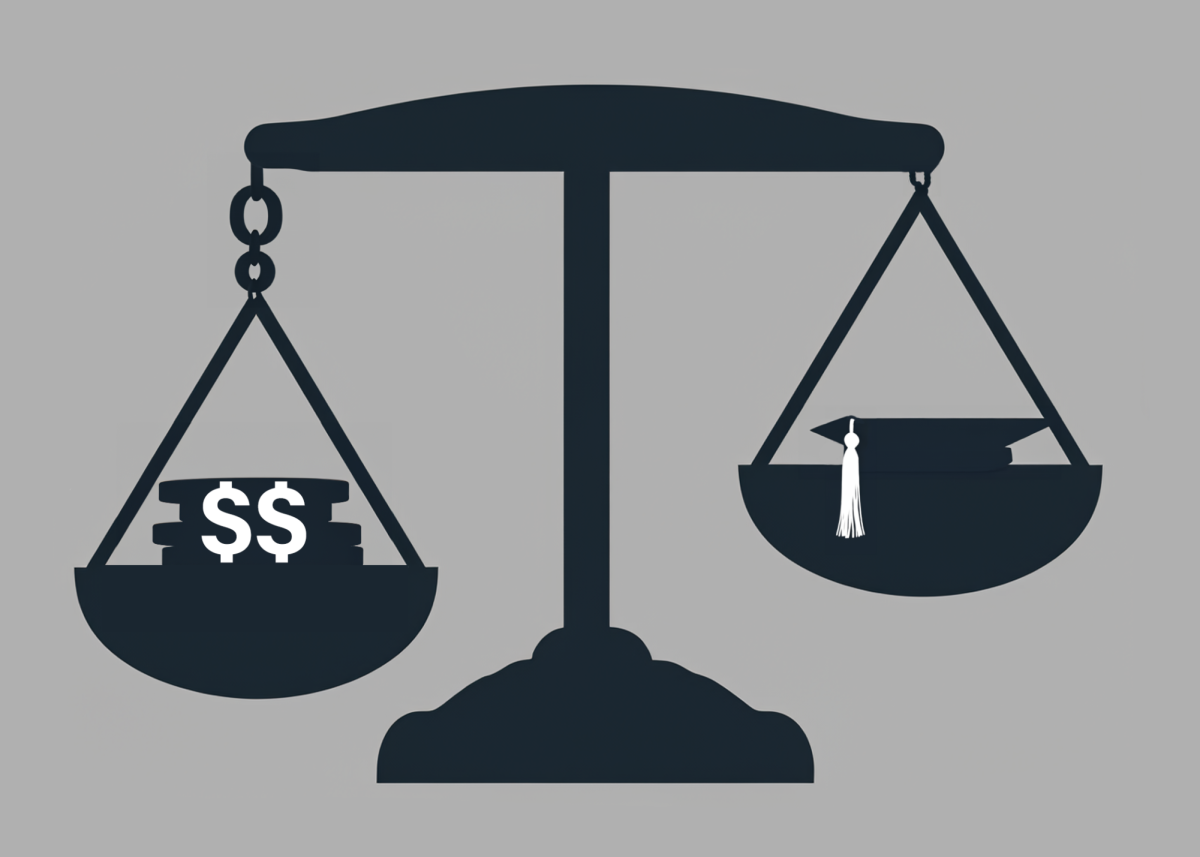


















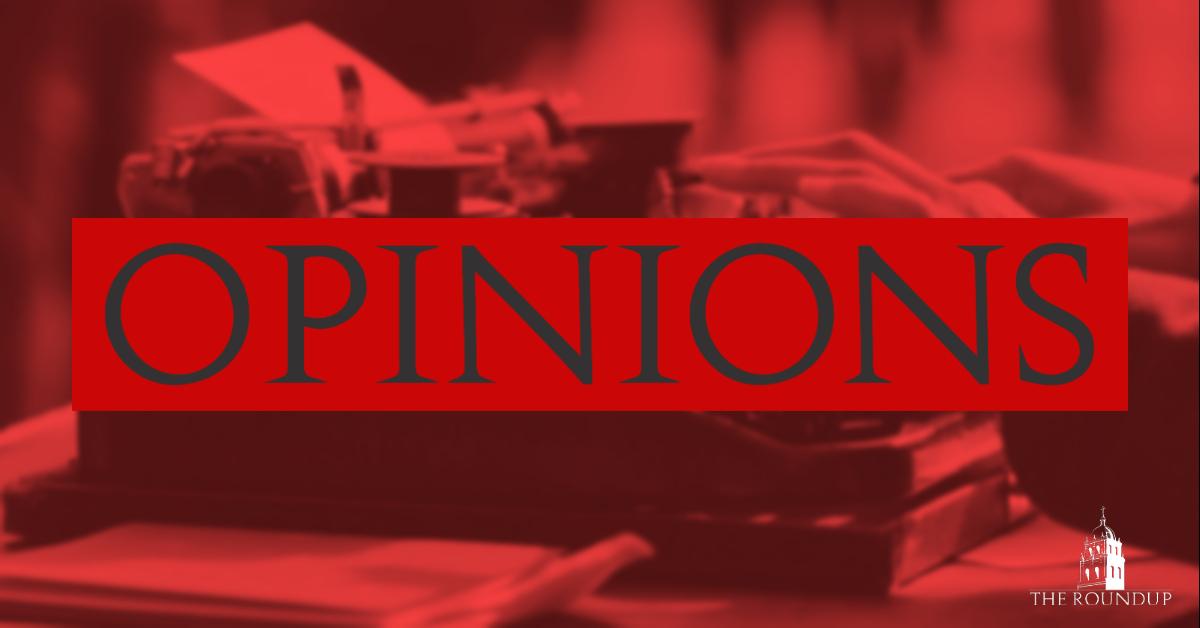
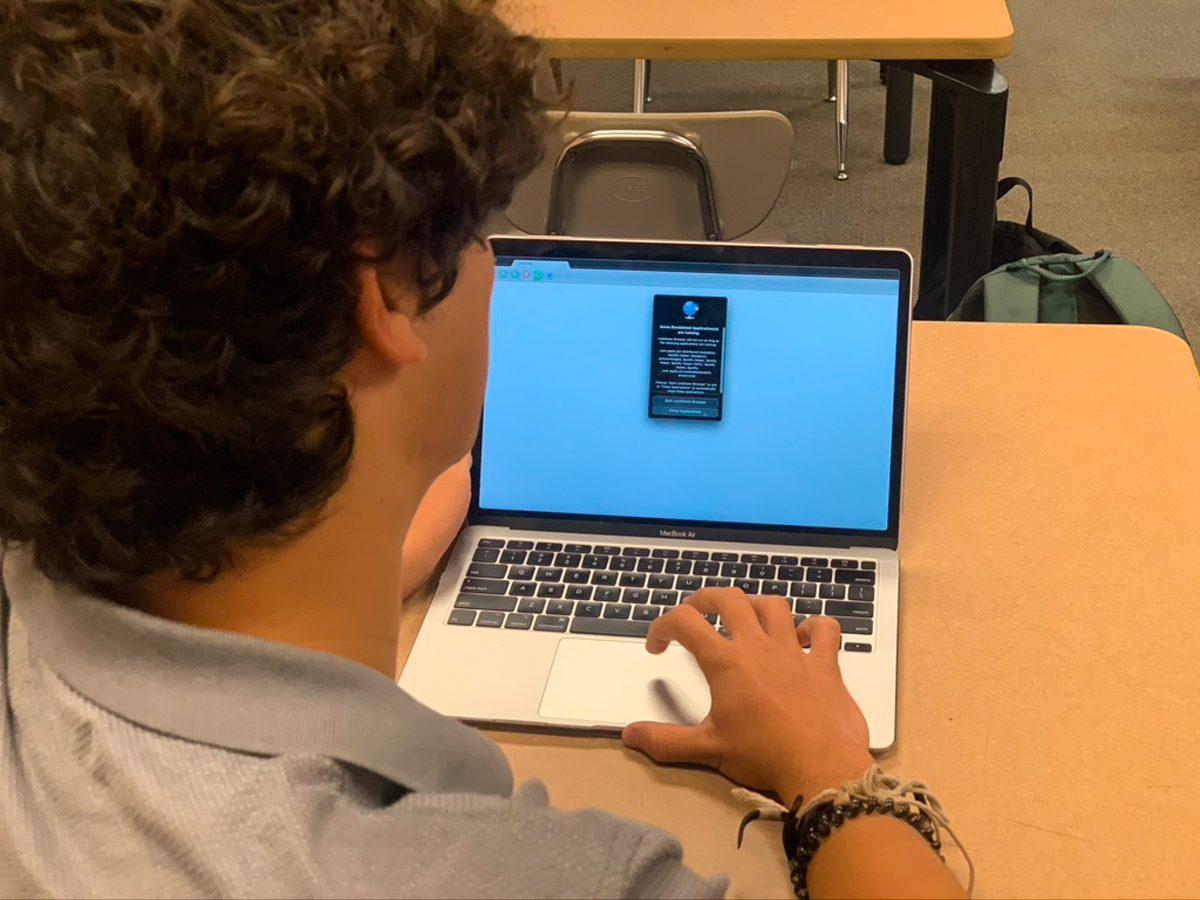
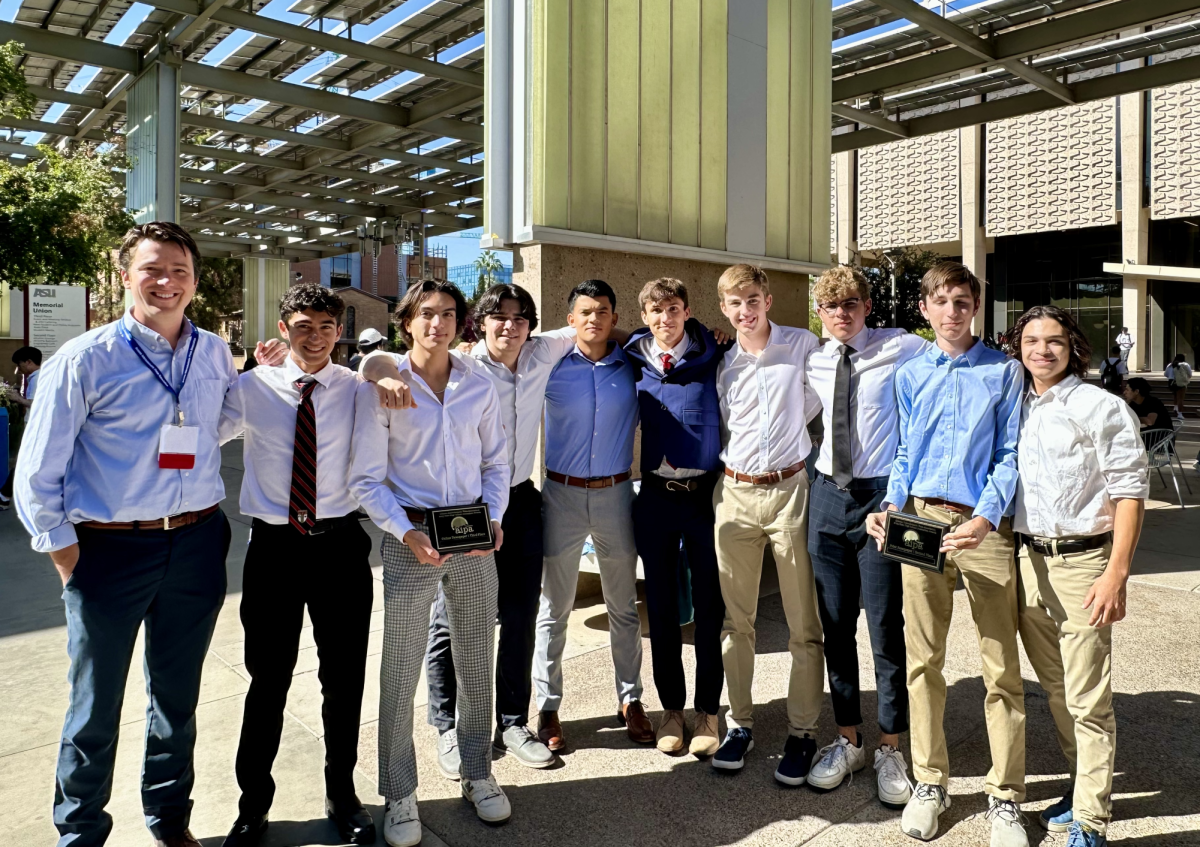
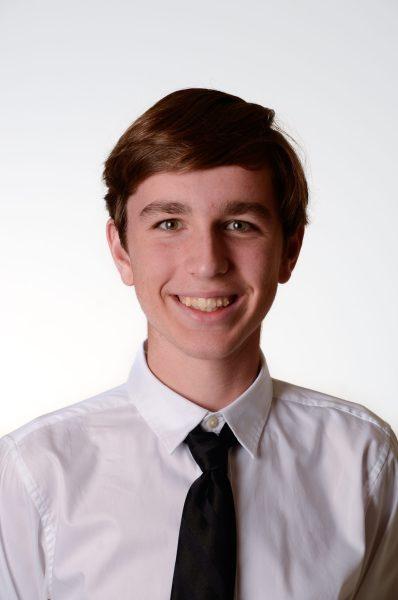
Michael Weissinger • Oct 13, 2022 at 1:23 pm
What punishment did the more than 100 students who cheated face? Did they graduate on time? Were colleges notified?